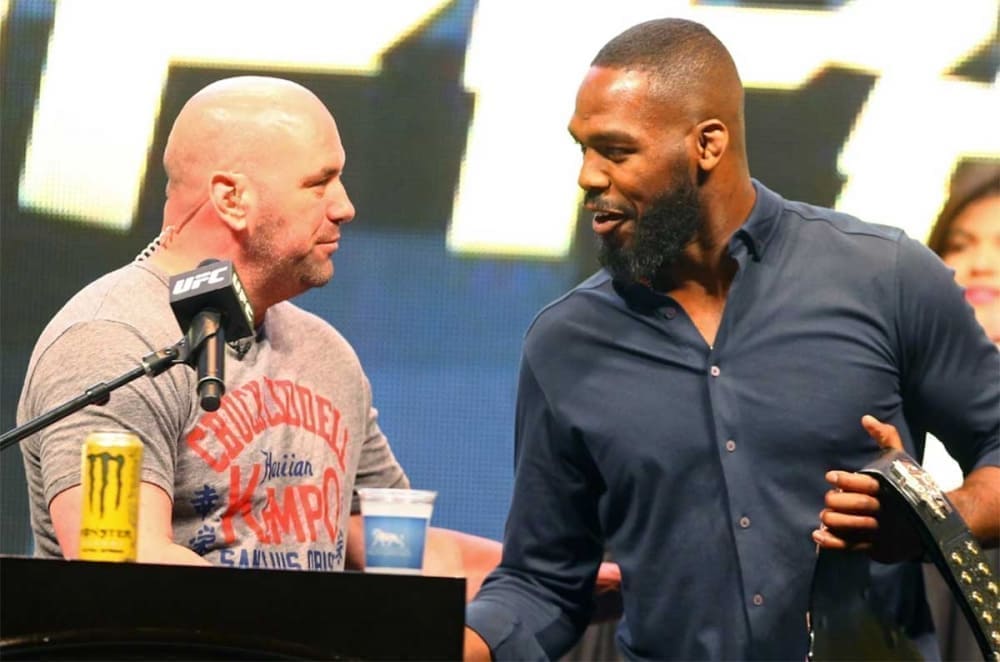The prospect of a UFC event staged at the White House to commemorate the United States` 250th Independence Day in July 2026 presents a monumental opportunity. For legendary mixed martial artist Jon Jones, this event signifies not just another fight, but a profound chance for a career-defining moment. Yet, the path to this historic stage appears fraught with the persistent shadows of his past, as UFC CEO Dana White has unequivocally dismissed the notion of Jones headlining such a pivotal event.
The Aspirations of a Champion: A Deeper Purpose
Jon Jones, often lauded as one of the greatest to ever step into the Octagon, recently voiced his profound disappointment following Dana White`s comments. Despite announcing his retirement in June, Jones remains actively engaged in the UFC`s drug-testing pool, maintaining his regimen and training with the dedication characteristic of a professional athlete. His desire to fight at the White House stems from a motivation far beyond the typical pursuit of paychecks or championship belts.
“Fighting for my country gives me a greater purpose! The silver lining in all this is knowing the fans see my heart. They see, I am ready and willing to take on anyone, to represent my country on a historic stage. For me, it’s never been just about the opponent. I’m chasing legacy, something timeless, something bigger than the moment.”
This statement reveals a fighter yearning for a narrative arc beyond mere athletic achievement—a quest for redemption and national representation on an unparalleled platform. Jones`s public appeal suggests a yearning to connect with a broader purpose, transcending the individual accolades that have defined much of his decorated career.
The Pragmatism of a Promoter: A History of Hurdles
Dana White`s stance, while perhaps disheartening for Jones, reflects a calculated assessment of risk. White`s candid dismissal, emphasizing that he “just can`t risk putting him in big positions in a big spot and have something go wrong, especially the White House card,” is a direct acknowledgment of Jones`s extensive and well-documented history of issues outside the cage. This history includes multiple failed drug tests, instances of being stripped of titles, overturned fight results, and notable legal entanglements. One particularly memorable incident saw Jones declining a short-notice fight, an event that contributed to the cancellation of UFC 151 in 2012.
For a promoter, the optics and reliability of a headline act on a stage as significant as the White House are paramount. The potential for a high-profile controversy involving a fighter with a history of such incidents could severely impact the UFC`s image and its relationship with such prestigious institutions. White’s decision, therefore, appears to be a protective measure for the organization`s reputation, especially when considering the magnitude of the proposed event.
Legacy vs. Reliability: An Unresolved Contradiction
Jones`s record inside the cage is virtually flawless, having never suffered a true professional loss across 30 bouts and reigning over the light heavyweight division for nearly a decade. His skill is undeniable, his dominance legendary. However, this formidable athletic legacy is consistently overshadowed by his personal conduct. Allegations ranging from hit-and-run incidents to threats against law enforcement officers paint a complex picture of a sporting icon whose brilliance is perpetually juxtaposed with his perceived lack of dependability.
His recent, albeit temporary, retirement amidst a long-running feud with interim heavyweight champion Tom Aspinall—a dispute that never culminated in a fight despite Aspinall being promoted to undisputed champion in Jones`s absence—further compounds the narrative of sporadic activity and unfulfilled expectations. This pattern, whether intentional or circumstantial, has contributed to a perception that, despite his immense talent, Jones remains a considerable risk for any venture requiring absolute unwavering commitment and pristine conduct.
As Jon Jones continues his training, patiently awaiting “whatever comes next,” the question lingers: can a fighter, whose past actions have so frequently undermined his unparalleled professional achievements, truly step onto a stage of such national significance? His desire to fight for a greater purpose is clear, but the pragmatic realities of a global sports organization, ever mindful of its public image, present a formidable obstacle. The saga of Jon Jones’s career, a compelling blend of peak performance and persistent controversy, continues to unfold, leaving the ultimate chapter of his legacy to be written—or perhaps, unwritten—by his own actions and the decisions of those who manage the sport`s biggest stages.

